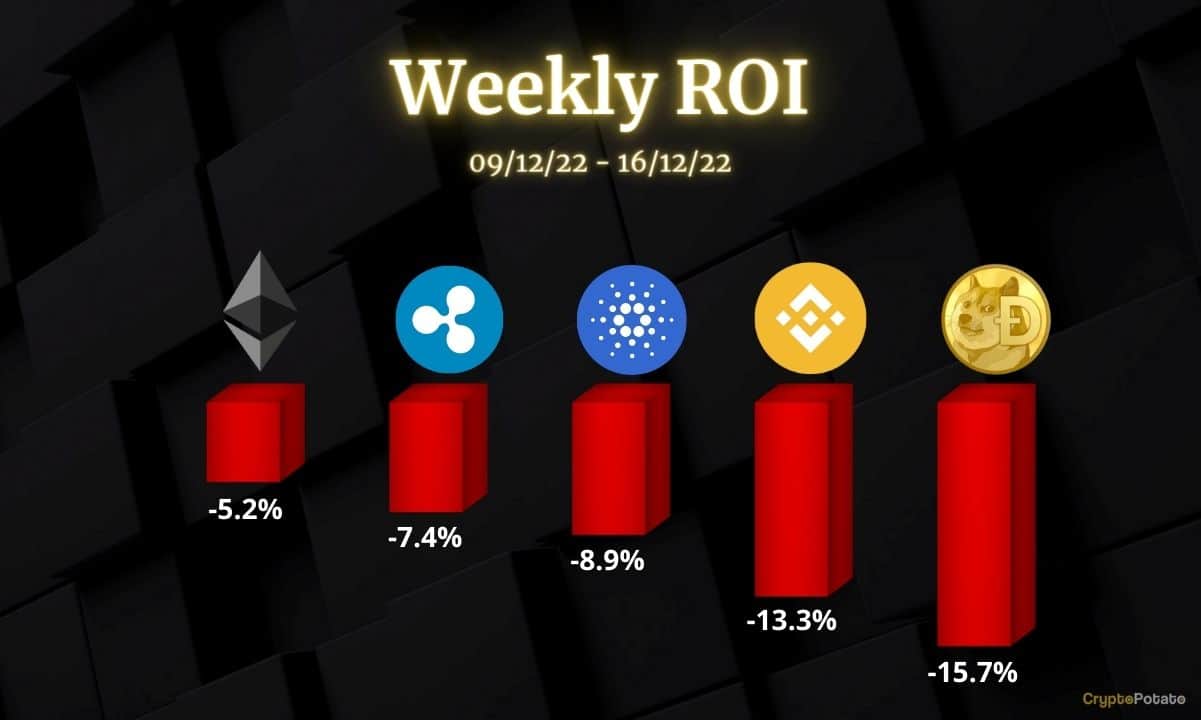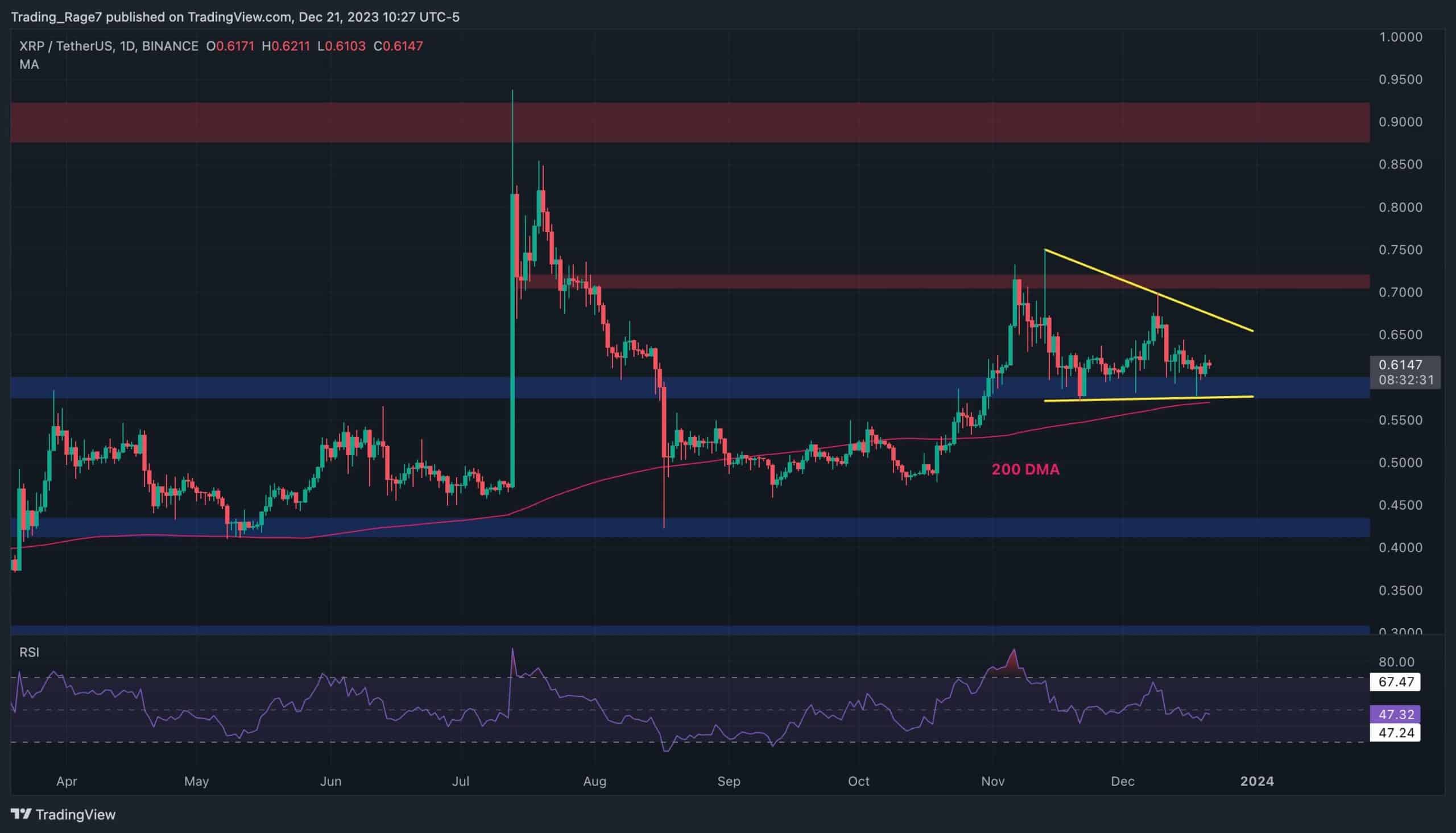World Governments Try to Forbid Cryptocurrency Trading: VPN Helps to Resist
featured – Despite the strict national legislation over cryptocurrency trading, the world community finds new solutions on how to avoid it. Recently, the news from China appeared in the response of government bans: Asian traders use VPN and cryptocurrency Tether to bypass the law.
Chinese Case
Nowadays, it is almost impossible to engage in legal crypto trading in China. Due to the restrictions of the Chinese government in the field of crypto-trading, Chinese users have to look for new ways to operate. To do that, most clients are looking for VPN assistance, as it is still possible to use in the country. The market offers a lot of competitive proposals: for example, you can check the avast secureline VPN review to decide.
According to the South China Morning Post report, traders solved the problem using VPN and Tether cryptocurrency. Asian traders use “client to client” trades, which are performed on popular e-commerce platforms. Two users, confirming each other via KYC procedure, exchange non-fiat currency for Tether, which is less volatile than Bitcoin. At the same time, crypto stock exchanges are just observing, providing reaction only if transaction error happens. After receiving Tether, traders can use VPN for operations on stock exchanges.
As the location of trading platform servers is far out of the Chinese territory, so the deals are still decentralized, remaining the total ban of crypto trading impossible, as it does not apply with Chinese legislation.
Specialists say that the VPN banning process is quite comprehensive since it takes loads of time to negotiate with major stakeholders and find a consensus on setting up the “Great Chinese firewall.” It means that as long as the VPN is working in China, traders are open to conclude deals on cryptocurrency abroad.
Texas on the Frontline
Recently, a new bill was proposed in Texas requiring the identification of individuals sending or receiving cryptocurrencies. However, the bill specifies that if the user already uses the “verified digital identity currency,” then there is no need to provide any additional identity verification. If the proposal is adopted, it will enter into force on September 1, 2019.
Texas is not the only example of cryptocurrency restrictions. Recently, the Finance Committee of the French National Assembly, in a report on the use of cryptocurrencies and blockchain technology, proposed a total ban on cryptocurrencies focused on confidentiality, such as Monero and Zcash.
Why VPN Services?
Virtual private networks have long been used to ensure online privacy. How it works: the program creates a digital tunnel through which your traffic will be redirected, protecting your connection from prying eyes. Your connection is made through remote servers, masking your IP address often adding the encryption and other security features, which make it almost impossible to identify you.
VPN services provide complete anonymity and no logging policy. Its philosophy is privacy so that users are sure that their online activity, personal data, and downloads will not get to third parties.
Each user has the right to dispose and use their data as they wish. Using the capabilities of VPN servers and encrypted communication channels, you cannot worry about the confidentiality of your actions on the Internet. It means that cryptocurrency trading is getting more secured in restricted areas with VPN.
EU Makes Difference
The International Association of Trusted Blockchain Applications was recently created in Brussels. Its activities will be aimed at uniting blockchain projects, government institutions, and international organizations. The association will also work on the widespread introduction of blockchain technology to various spheres of human activity.
It is worth to mention that INATBA includes a vast number (over 100) of various large organizations: Bitfury, IBM, BBVA, Accenture, L’Oreal, ConsenSys, SWIFT, Deutsche Telekom, Deutsche Borse, Intesa SanPaolo, R3, Ripple, IOTA Foundation, etc. All participants who expressed a desire to join INATBA signed a corresponding declaration. It is also important to note that on the first day of the association’s work, another 48 participants wanted to join it.
This means that the blockchain technology`s development vector has now an official status in the EU. The work of INATBA should have a favorable effect on the development of the industry in general.
The post World Governments Try to Forbid Cryptocurrency Trading: VPN Helps to Resist appeared first on CryptoPotato.









